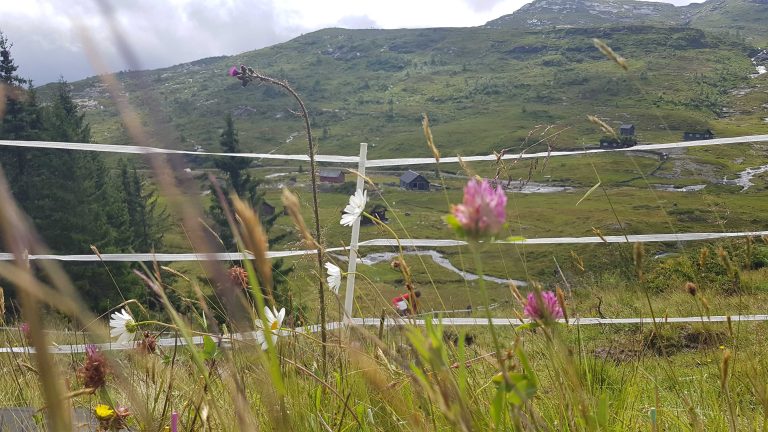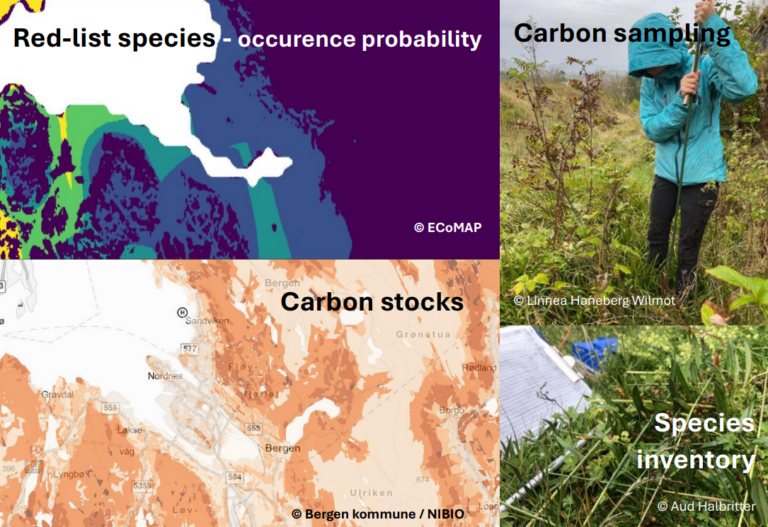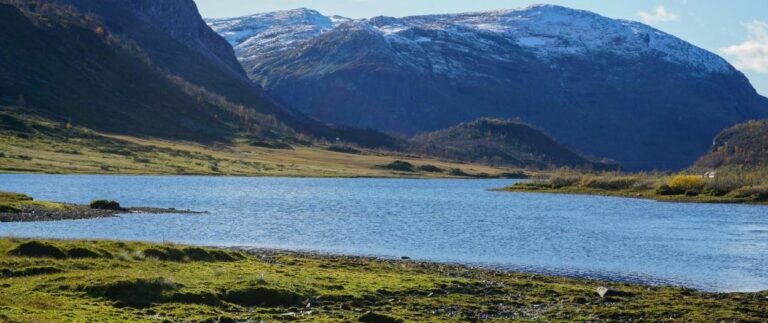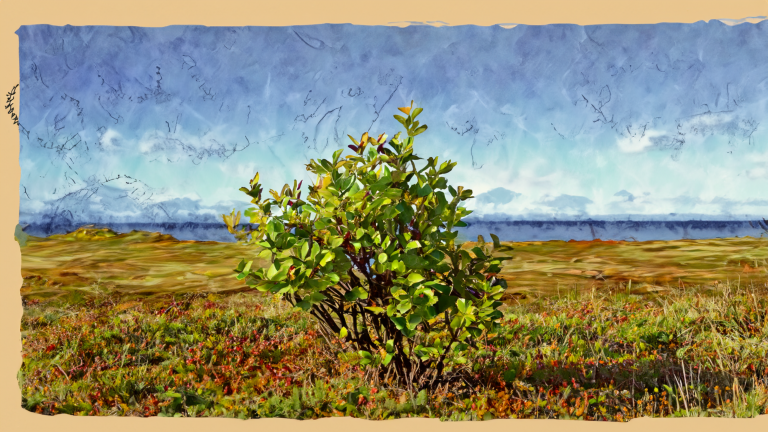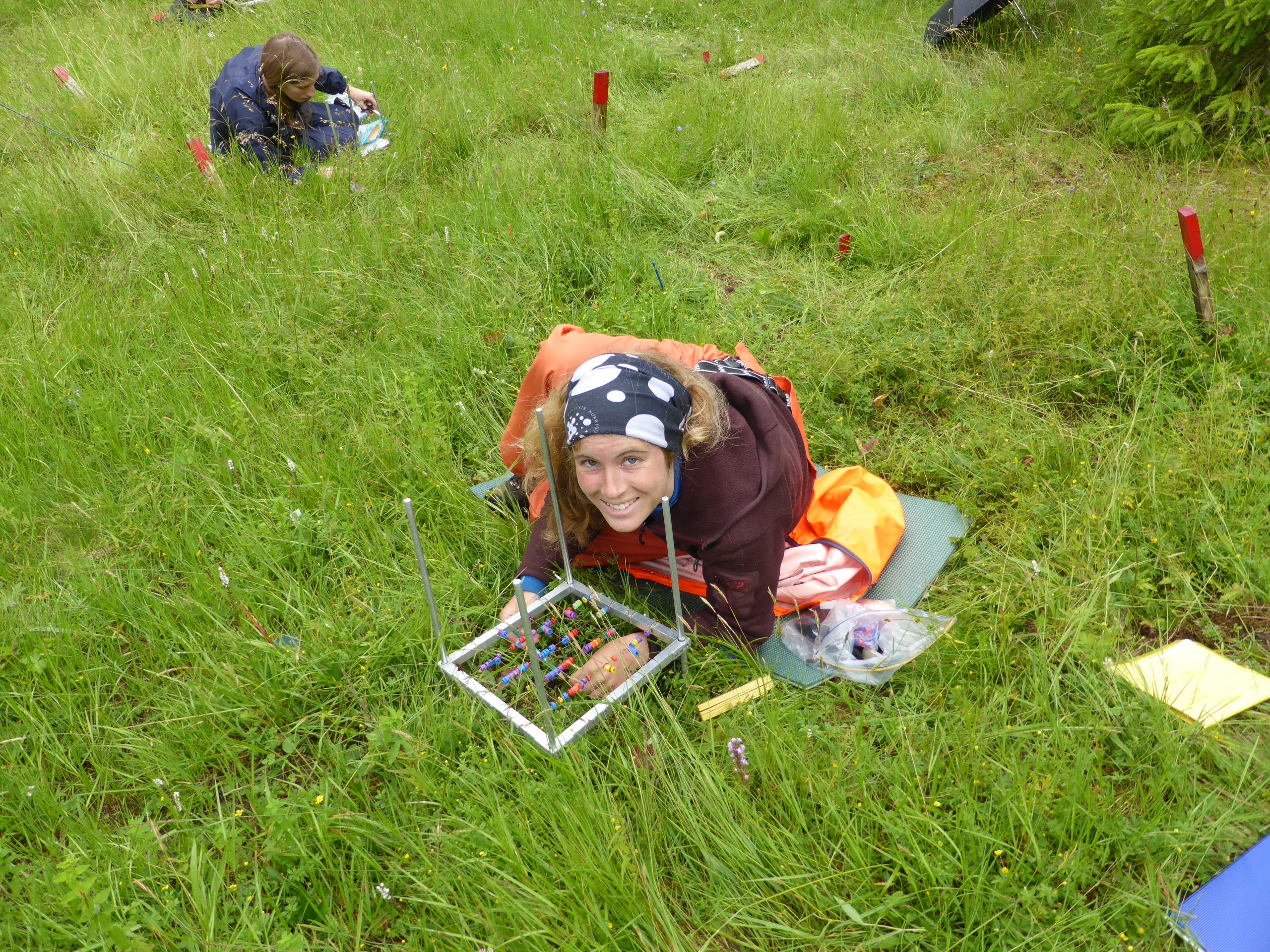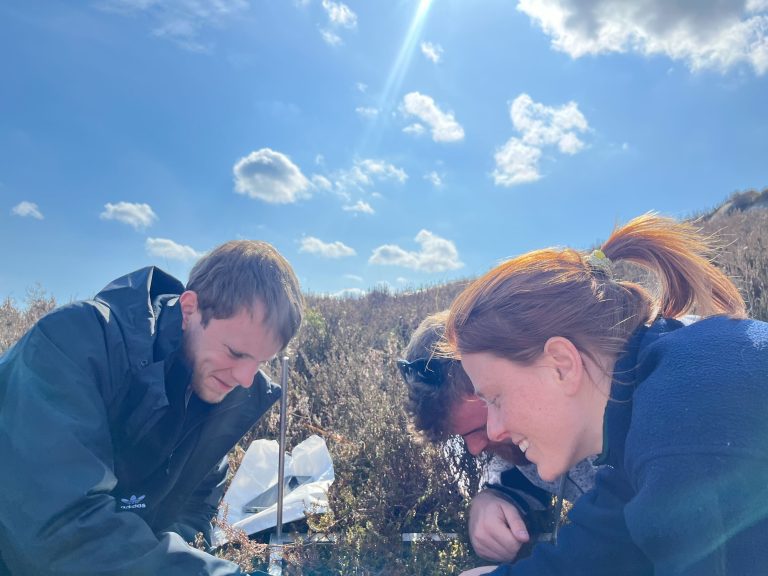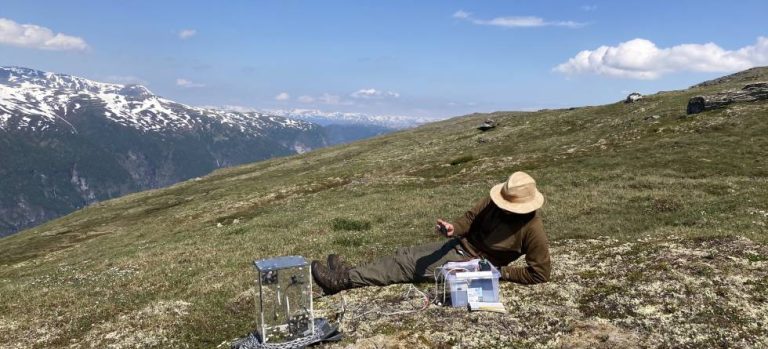Background Due to climate warming, plant species are shifting their ranges, trying to track their climatic niches. This can for example be displayed by range expansions or upward shifts of plants from lower elevations. Changes in community composition are occurring with novel lowland species invading into the alpine ecosystem. The RangeX project is an upslope READ MORE
MSc thesis: Identifying decomposers of fungal mycelium across climate gradients and plant removals
Project description Decomposition – the recycling of nutrients from dead organic matter (e.g., plant litter, fungal and bacterial necromass) – is key for ecosystem productivity in terrestrial ecosystems. It liberates carbon and nutrients that can be used to produce new, living biomass. Not all organic matter is fully decomposed and, thus, released back to the READ MORE
UPCOMING – MSc thesis: Quantifying the functional potential of soil microbial communities
Project description Soil microbial communities perform a multitude of ecosystem functions in the soil ecosystem (Crowther et al. 2019). Quantifying the functional potential of microbial communities is useful for studying microbially mediated ecosystem processes such as carbon (Trivedi et al. 2016) and nitrogen cycling (Zhang et al. 2013), how they respond to environmental and ecosystem READ MORE
MSc thesis: Soil bacterial and fungal abundance in response to plant removals across climatic gradients
Project description Climate change entails global and local shifts in temperature and precipitation, with consequences for biotic communities in above- and belowground ecosystems (Jansson and Hofmockel 2020). Soil bacteria and fungi are two major groups of microorganisms constituting a large part of the soil microbiome. Both groups include partners and parasites of plants as well READ MORE
Master theses related to the project ECOBUDGETS
Topic Ground truthing of biodiversity maps for nature accounting Summary In the face of nature loss at the scales we are witnessing today, nature accounting and budgeting starts receiving increased focus. At the basis of such accounts are the physical properties of nature: the extent and the condition of ecosystems. To create a physical nature READ MORE
Research on sustainable climate and nature governance funded
We recently received funding from the Norwegian Research Council for new project ECOBUDGETS! This collaborative project brings together expertise on land use governance and climate budgets from UiB, NIBIO, NINA, City of Bergen and Vestland County Council, and will explore ways to integrate climate and nature budgets into administrative and political decisions at the municipal READ MORE
Come work with us! Apply for our Postdoctoral position within terrestrial ecosystem modelling.
Are you interested in plant functional types and ecosystem modelling? Come work with us! Dwarf-shrubs are a dominant plant functional group across the boreal, arctic and alpine biomes, and they play important roles for biodiversity, ecology and ecosystem functioning in the habitats in which they occur. For example, dwarf-shrubs provide important food resources for grazers, READ MORE
Research is not done in a flash in the best of times. Fieldwork, data analyzes and writing take time. But this time it took over ten years, two doctorates and one baby to get there. We have just published a new article in the scientific journal Ecography. The article describes how grass and grass-like species, READ MORE
Internship blog: Roos on the start of her internship
Roos Bruins Slot is one of our interns this year. She is part of the Durin project and works with our PhD student Kristine Birkeli to help collect carbon flux measurements in the field. Get to know Roos better! She writes: “I’m a Dutch Biology student and started my internship with Between the Fjords in READ MORE
Tundra might turn from carbon sink into carbon source due to global warming
Tundra ecosystems hold vast amounts of carbon, which is projected to be released into the atmosphere under climate warming. Our group contributed to this important and alarming new paper in Nature, led by researchers from Umeå University in Sweden. Using carbon flux data collected inside and outside open-top chambers (OTCs), we show that ecosystem respiration READ MORE


